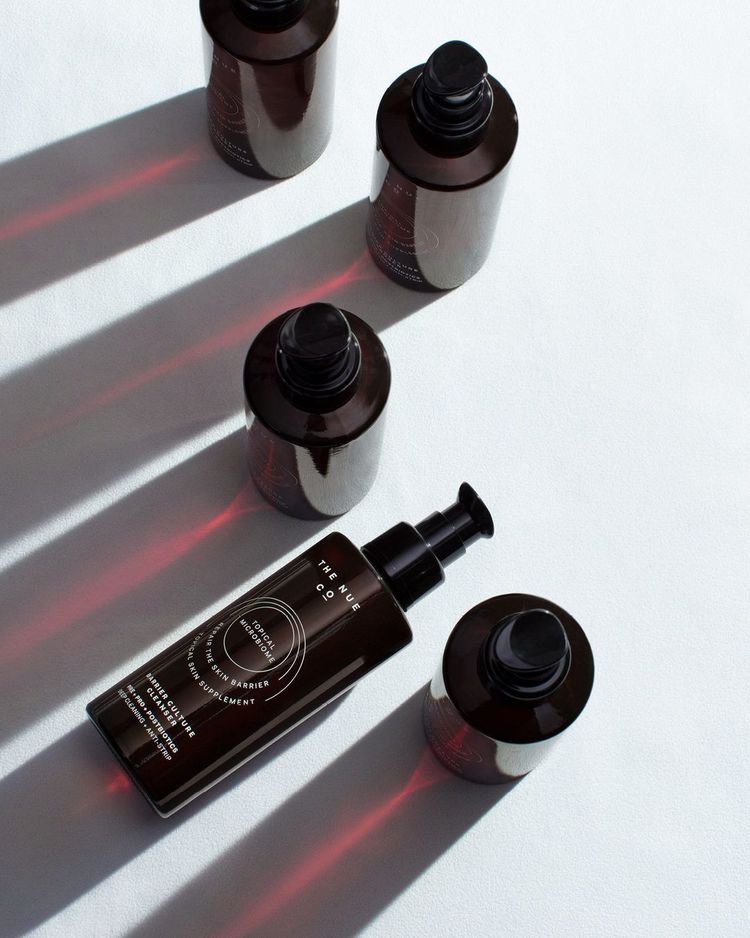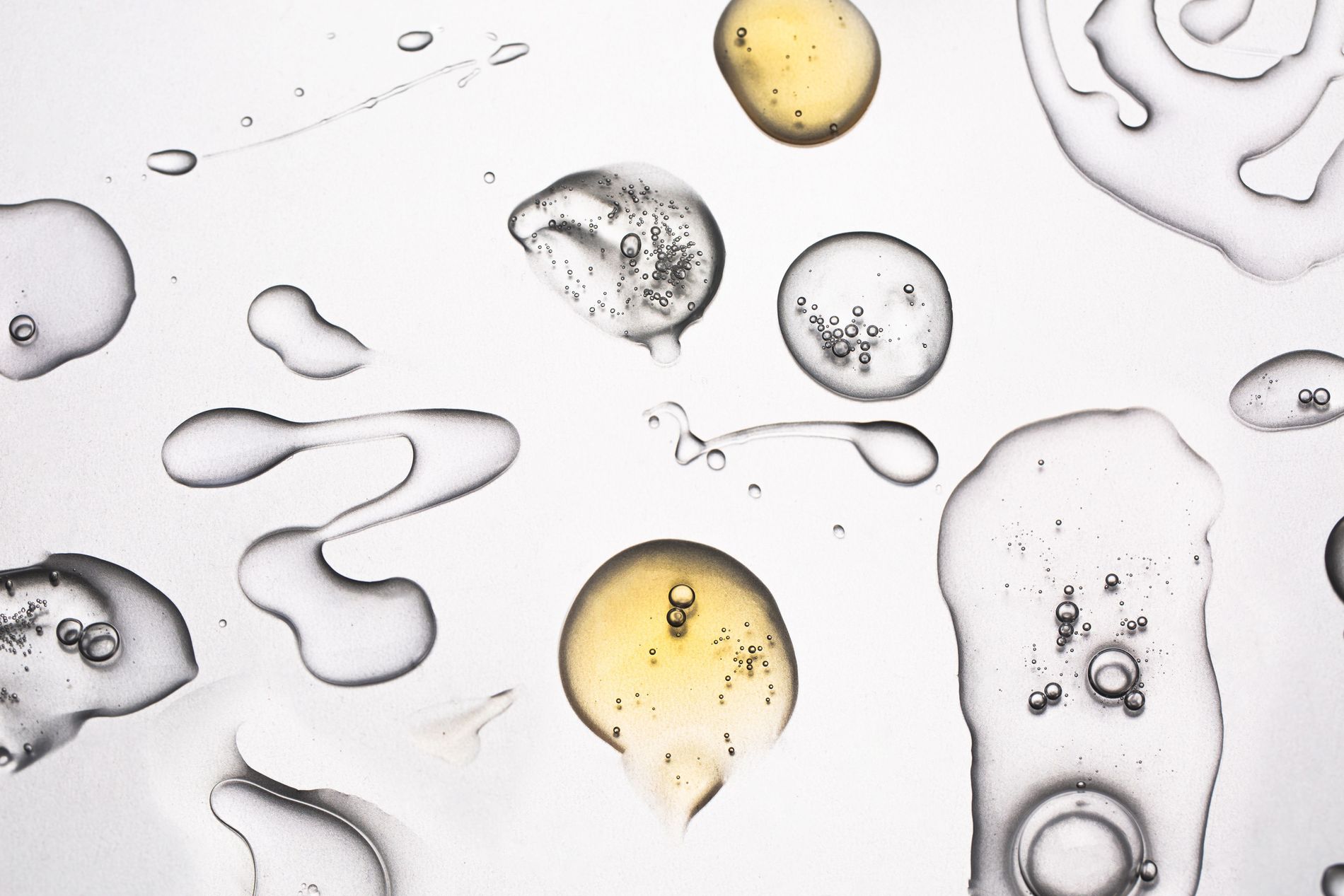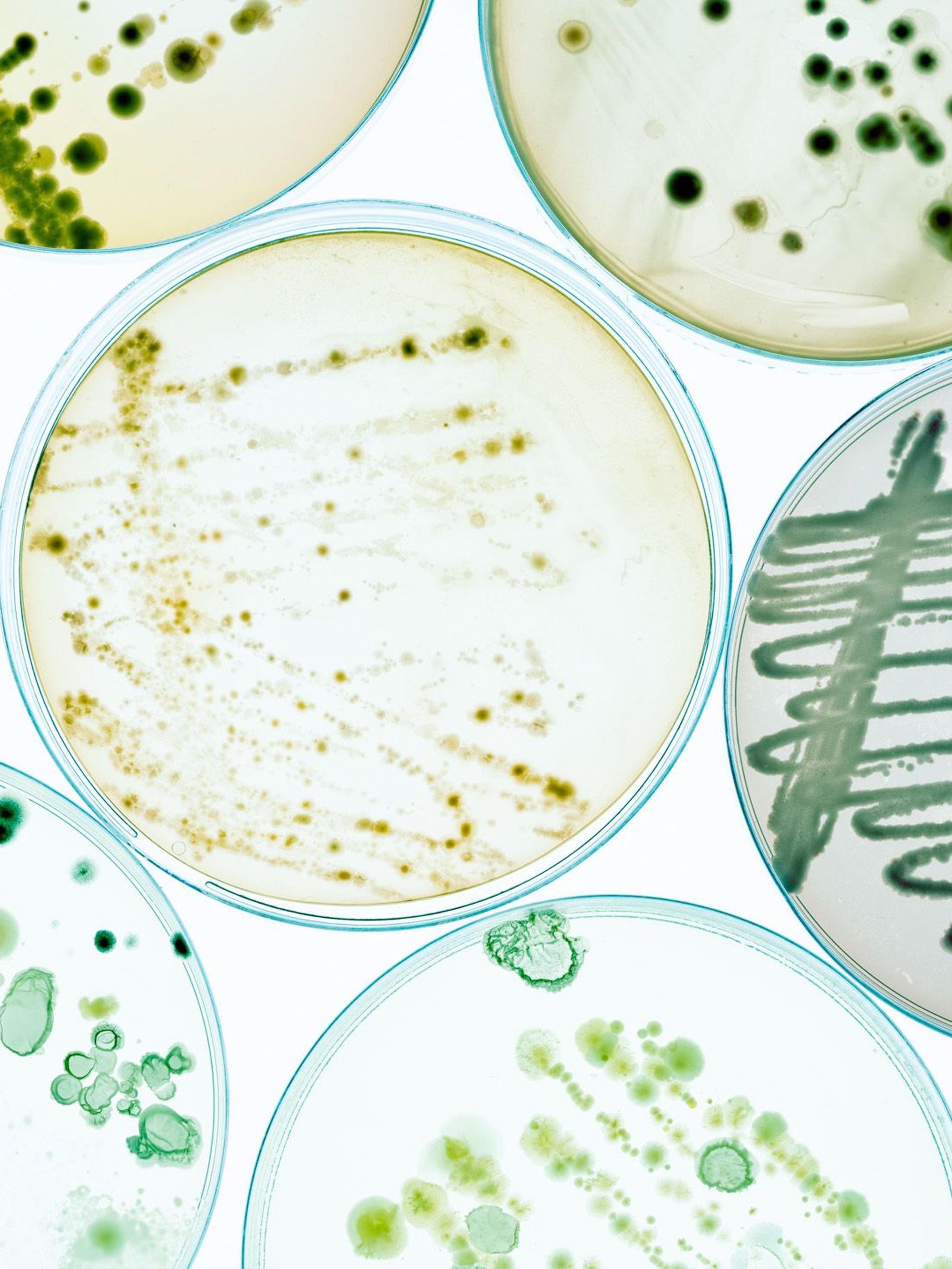Bacteria sounds bad, but it may be exactly what your dry or sensitive skin is crying out for... Here’s what probiotics and a biome-based skincare regime can do for you
From sauerkraut to kombucha shots, we eagerly shuttle good bacteria towards our gut to keep our digestion and immune systems happy. But what even the most ardent wellness fans might not realise is that there’s a strong interplay between the gut and the skin. Both have vast ecosystems of flora (also known as microbiomes) that need to be kept in balance to function at their best. No wonder biome-based skincare and cosying up to the trillions of good bacteria that live on the surface of our skin has become the next logical step.
Biome-based skincare is the beauty equivalent of being wrapped in a cashmere blanket when you feel run down. Unlike retinol, where you need to muster the willpower to push through the violent assault on your skin barrier, a probiotic cream gently cossets the face in ingredients to naturally bolster its strength and health.
Probiotics work in a similar way on the skin as they do swirling through your digestive system. “A topical probiotic helps to deliver good bacteria to the skin, restoring imbalances in your microbiome and allowing your skin to restore its natural defences,” says Jules Miller, founder of The Nue Co. The latest additions to its line-up of supplements is the Barrier Culture Moisturiser, which was created at a world-leading facility in Sweden using a unique probiotic stabilisation process involving heat-treating to keep the bacteria “live”.

The Nue Co's Swedish created Barrier Culture Moisturiser. Photo: The Nue Co
Surface-level, biome-based skincare creates a calmer environment for the skin, and keeps a multitude of complexion woes, including dryness, irritation, acne and eczema, at bay by preventing bad bacteria from triggering an inflammatory response. But probiotics also help skin to cope with everything we throw at it on a daily basis.
“Every day stressors such as pollution actively impair our skin’s microbiome in much the same way as they do our gut,” adds Miller. Other culprits include over-cleansing and a scattergun approach to exfoliation and acids.
“Your skin produces natural oils that are highly nutritious and that feed the bacteria that have evolved to live on human skin,” says Trevor Steyn, who worked in organic chemistry before founding Esse, the first live probiotic skincare brand, which is taking the Nordics by storm. “When we remove their food source by washing these oils down the drain, there is a reduction in the microbial population. This leaves space for opportunistic species [such as P. acnes, which contributes to pimples] to set up shop, causing chronic inflammation.”
Don't miss a minute, sign up to the Vogue Scandinavia newsletter here.

Photo: Getty
Biome-friendly serums and moisturisers are suitable for every skin type, but are especially beneficial to those with acne or sensitive skin. Bak Skincare has infused its Probiotsk Serum for Acne-Prone Skin with two different strains of probiotics to take down inflammation fast. Similarly, M Picaut Swedish Skincare has enlisted the help of lactobacillus ferment lysate alongside niacinamide in its Ruby Passion Probiotic Lifting Serum to strengthen the skin barrier.
And lest we forget one of the trailblazers of probiotic skin: Aurelia’s The Probiotic Concentrate, which contains a unique probiotic peptide that is said to counteract the effects of pollution and boost collagen production. It’s also worth noting that probiotics, which act as food or fertiliser for the bacteria on your skin, can aid your skin’s frontline response, too. Lumene Nordic Hydra Lähde Moisturising Prebiotic Oil-Cocktail is kind to the skin by virtue of a low mineral content, a skin-friendly pH and prebiotic Xylitol to minimise moisture loss.
Perhaps slow and gentle really does win the race.
